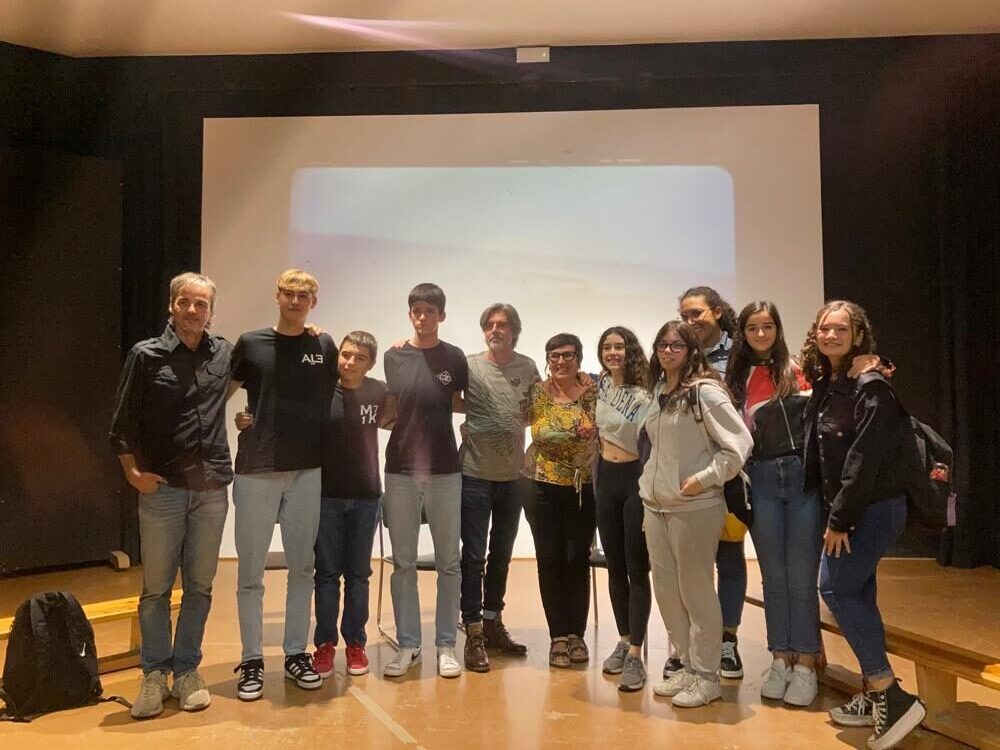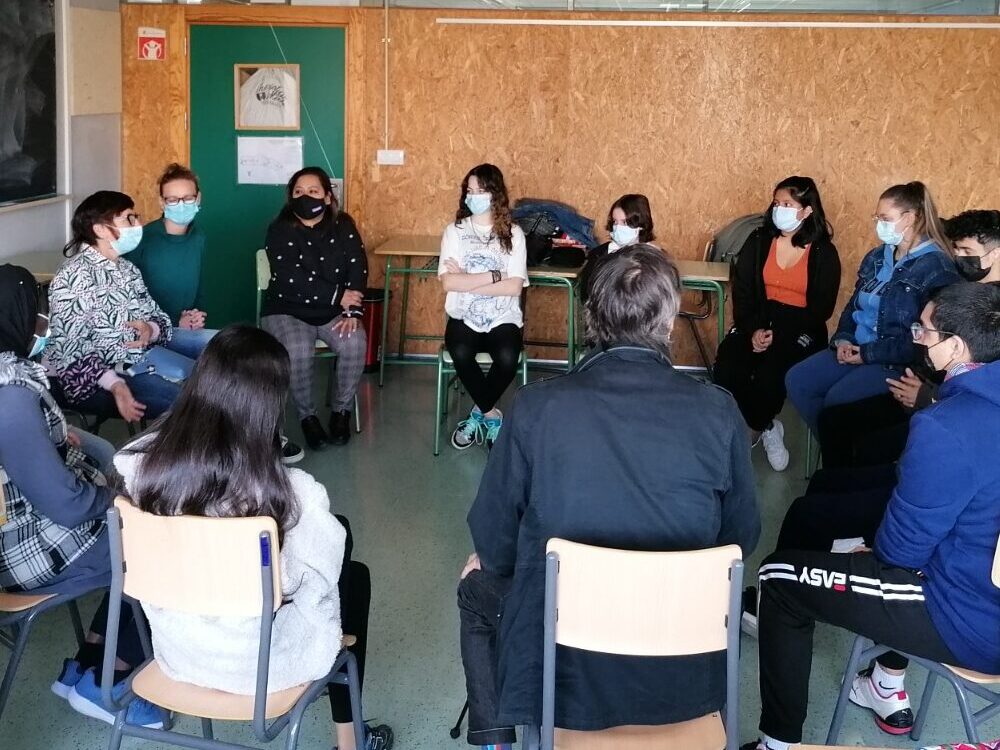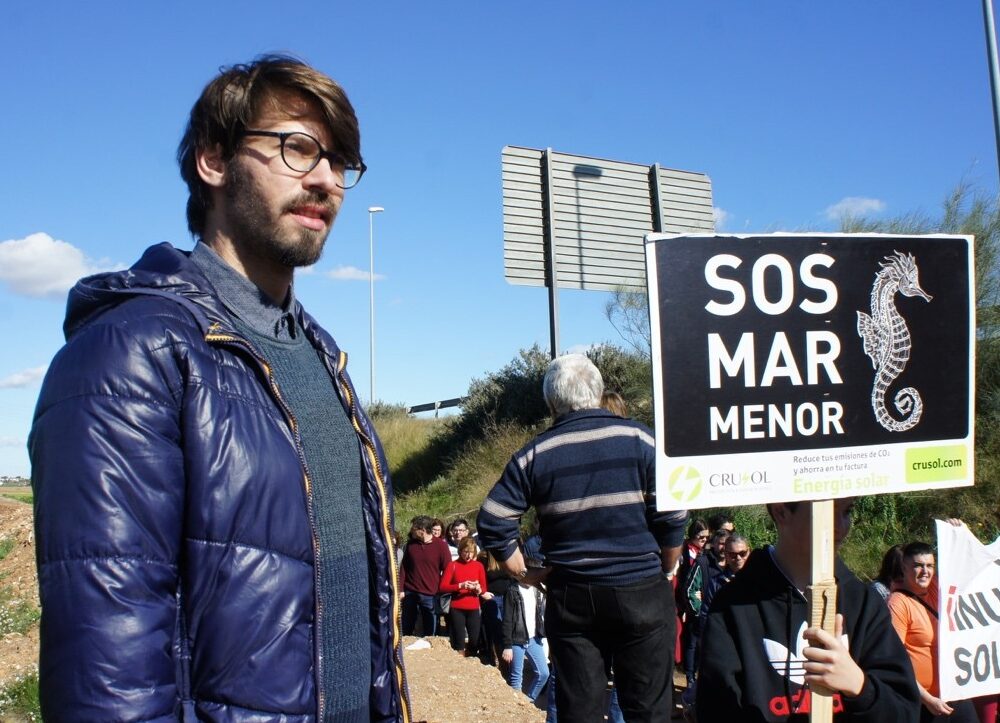
The learning situation focuses on addressing the socio-ecological crisis in the Mar Menor, Europe’s largest saltwater lagoon, triggered by the DANAS of 2019. The educational approach involves exploring the concept of environmental refugees through the film «Sofía Volverá» which runs parallel to the Popular Legislative Initiative for legal recognition of the Mar Menor. The timeline includes introductory sessions, film viewing, and post-film activities aligned with language, biology, and geography/history curricula. General objectives encompass fostering environmental respect, awareness, and critical thinking.



The study area encompasses various academic disciplines, fostering a multidisciplinary approach to address the socio-ecological crisis in the Mar Menor. The learning situation integrates elements from the following study areas:
Language and Literature:
Biology:
Geography and History:
The study area approach ensures a comprehensive exploration of the socio-ecological crisis, considering its linguistic, scientific, and socio-cultural dimensions. The integration of these disciplines allows students to develop a holistic understanding of the complex issues surrounding the Mar Menor and encourages a multidimensional perspective on problem-solving.
Classroom Dialogue and Discussions:
Padlet Collaboration:
Creative Collaborations:
Cine-Forum Discussions:
Field Trip Collaboration:
Reflective Collaborations:
The learning experience is designed to take place in various settings, incorporating both classroom-based activities and experiential learning through field visits. Overall, the learning experience is designed to seamlessly integrate classroom activities with real-world observations and experiences in the natural environment of the Mar Menor region. This approach aims to provide a holistic and immersive educational experience for the students.
Classroom Sessions:
Padlet Collaboration:
Post-Film Activities:
Interview Collaboration:
Additional Resources:

